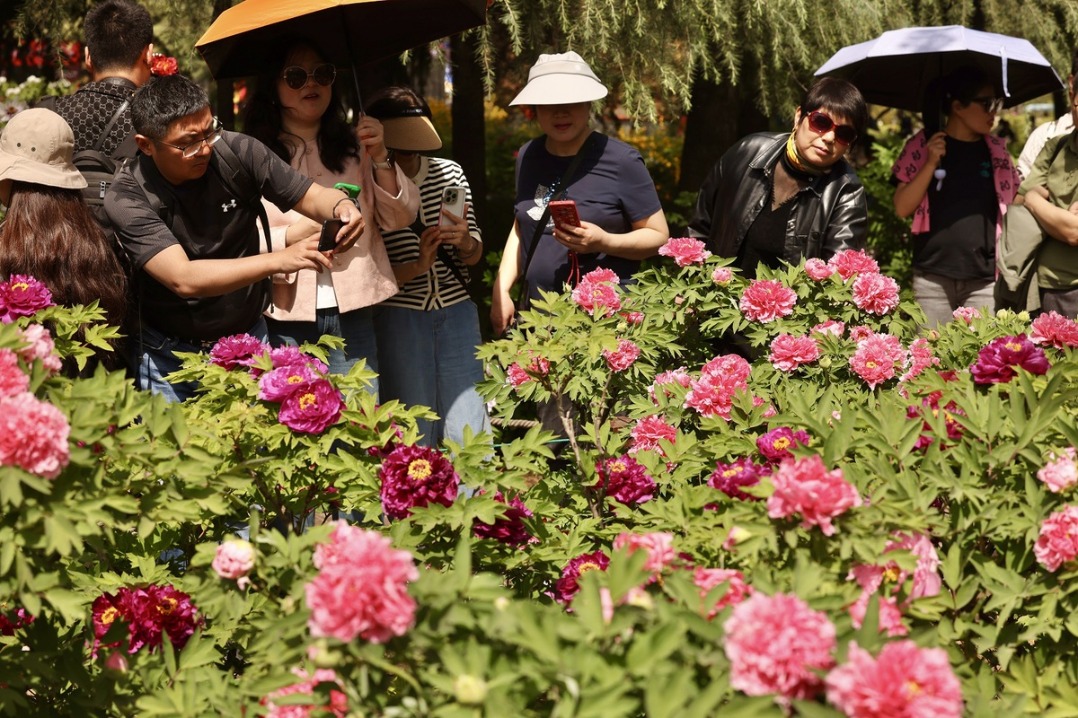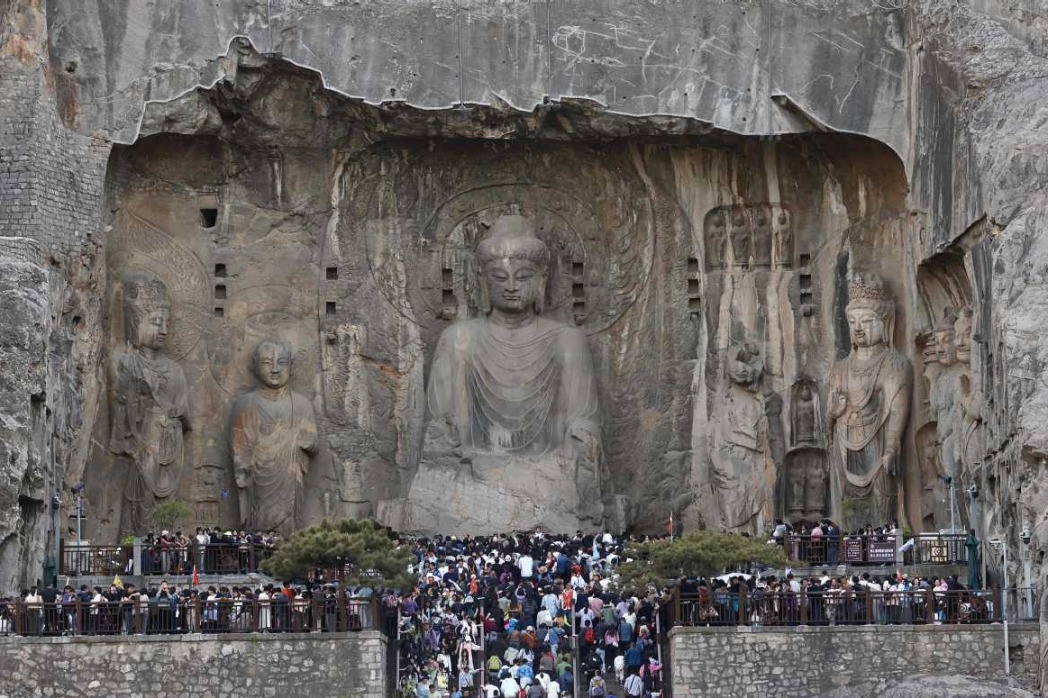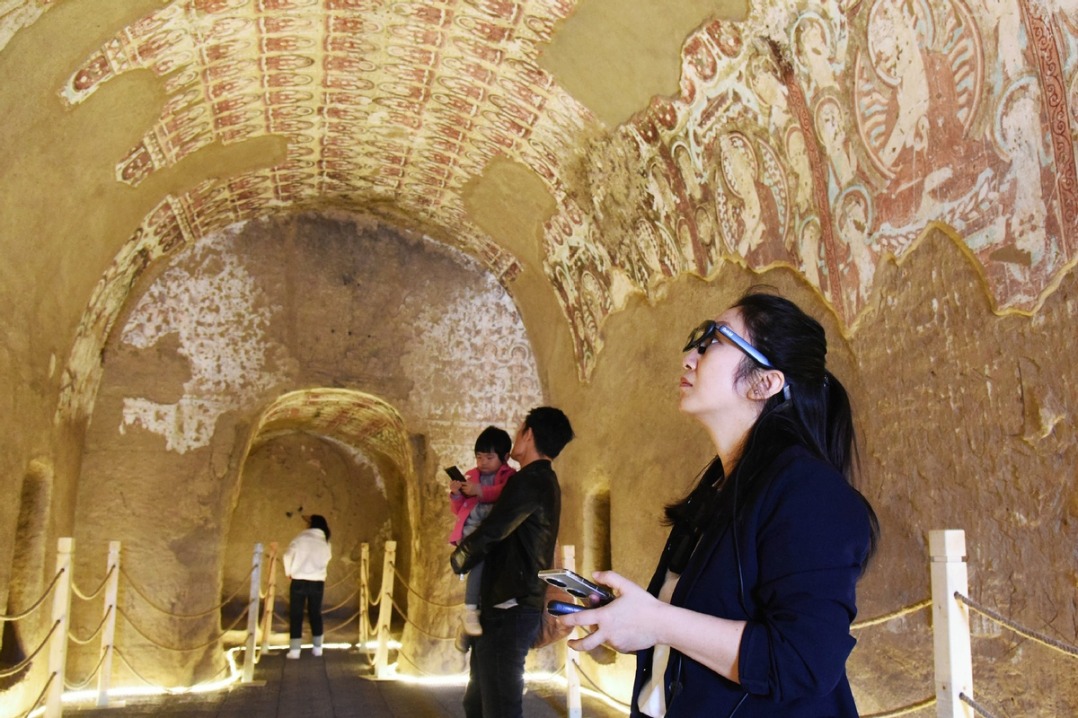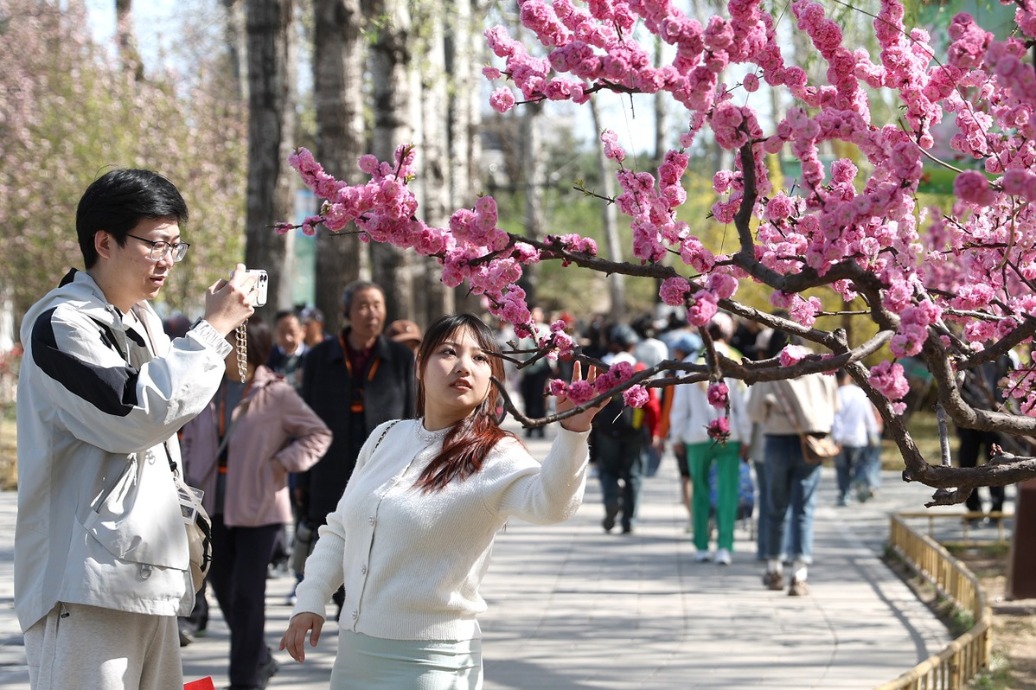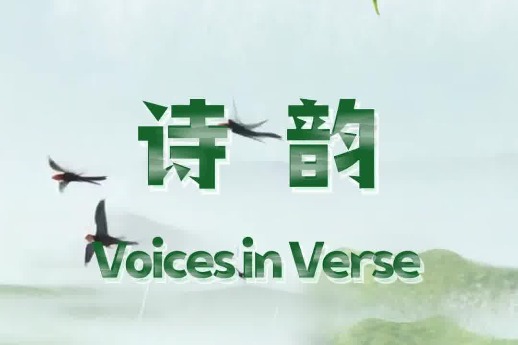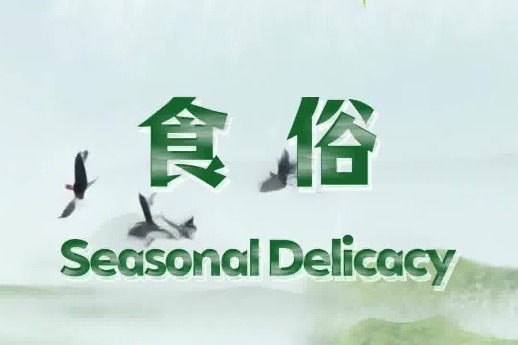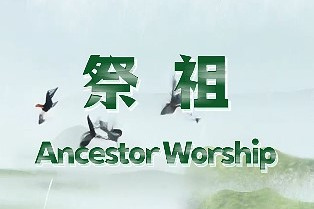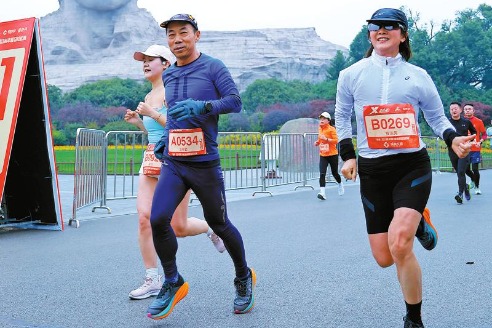Universities seek to restrict AI use by students
Teachers want technology to be used to increase efficiency without threatening originality


New requirements
Many students and teachers mentioned that AI imposes new requirements on teaching, teachers and the students' ability of using such smart tools.
Several teachers said that there does not exist a common, authoritative detection method to determine how much of an assignment submitted by a student is AI generated. This requires teachers' ability of understanding and using AI.
Some teachers said they are increasing in-class, hands-on assignments while reducing after-class ones, especially those that involve writing, so that students are forced to better participate in the learning process.
A consensus among teachers is that a complete ban on students' use of AI is obviously not possible or necessary. They believe that coexisting with AI in a scientific way shall be the trend of education for the future.
Sun Haiqin, who teaches conference interpreting at Shanghai International Studies University's Graduate Institute of Interpretation and Translation, said that as AI is capable of doing basic translations, the focus of learning for high-level interpreting talent shall shift to post-editing of drafts provided by AI.
"Post-editing is about finding AI's mistakes in expressions and logic, and the ability to correct them. Students are required to be able to do translation — and do better than machines. They need to input human ideas to make their translation work irreplaceable. So in the age of AI, workload is reduced, but work becomes more demanding," said Sun, who encourages her students to make good use of AI in different phases of an interpreting job.
The ability to interact with machines is another key competitiveness in the AI era, Sun said. "Users who have a way to write the most appropriate prompt words will obtain the best answer," she said.
In the smart age, humans shall be more dedicated to work that is irreplaceable by machines, such as communication between people.
"Translation is a mutual learning process between civilizations, involving transnational, cross-cultural communication. Translation should reflect humanistic feelings and patriotic sentiments with emotional input from humans," said Sun.
"However, the use of AI is essential for all walks of life. It is important to understand it, use it well, and outperform it," she said.
zhouwenting@chinadaily.com.cn
- China cultivates first-generation 'space highland barley'
- China's reintroduced crested ibis sets migration records
- China expects record 790m cross-regional trips during Qingming holiday
- China to accelerate digitalization of eco-environment monitoring network
- Book of Xi's discourses on Chinese modernization published in Spanish
- China sci-tech museums adopt AI-powered assistants
















